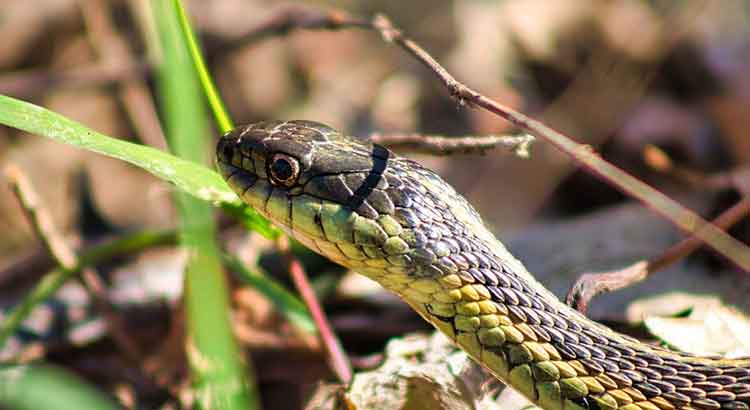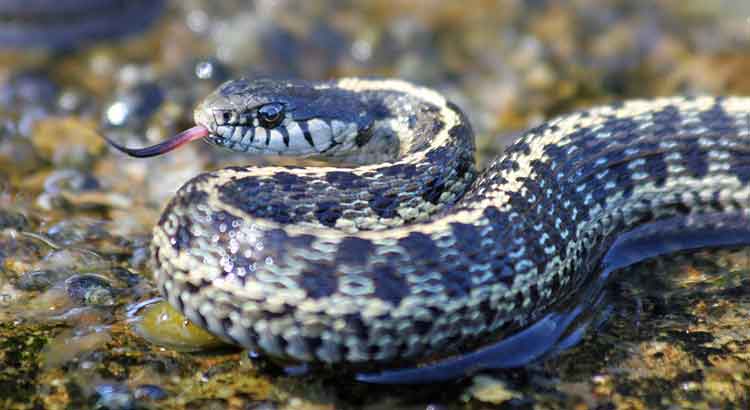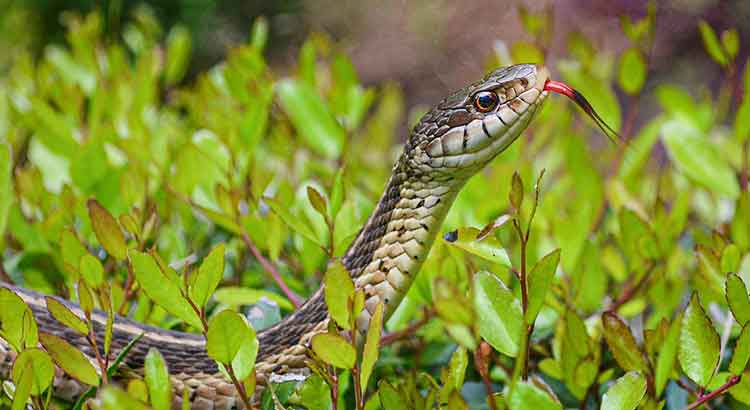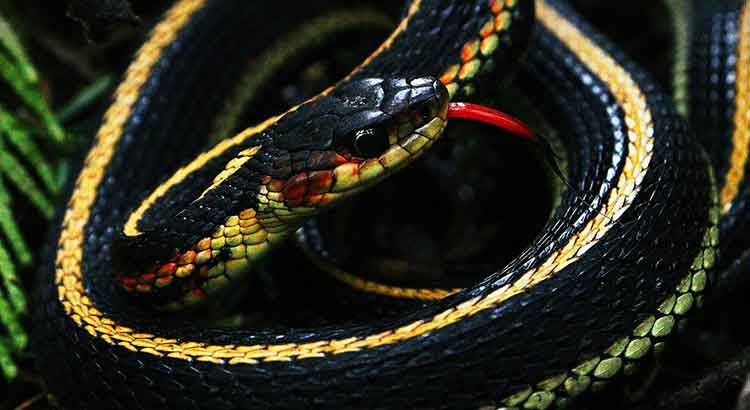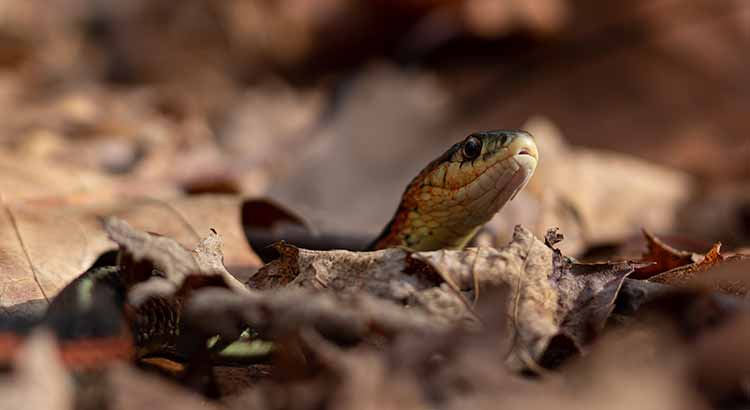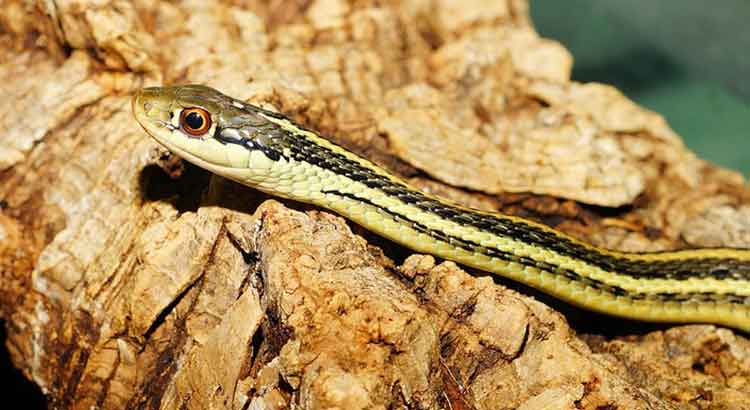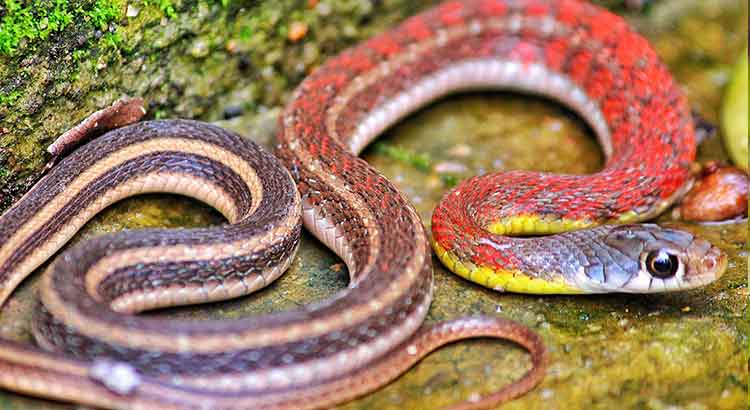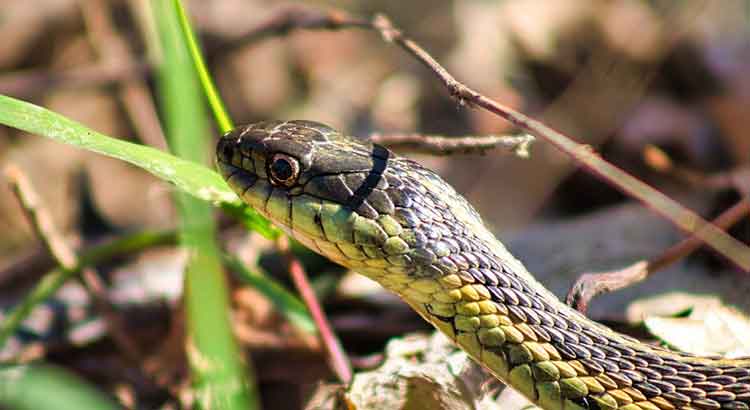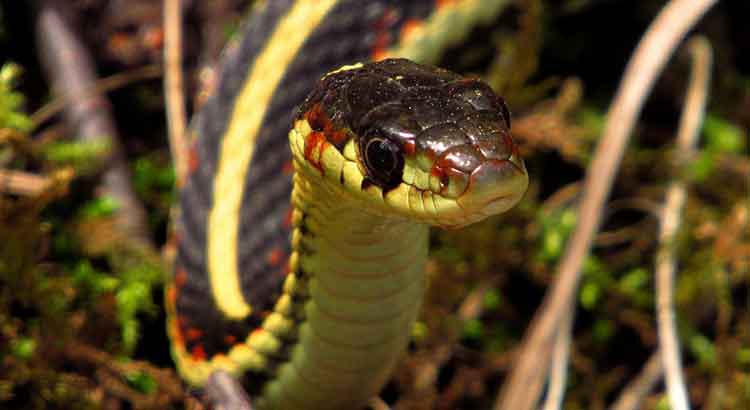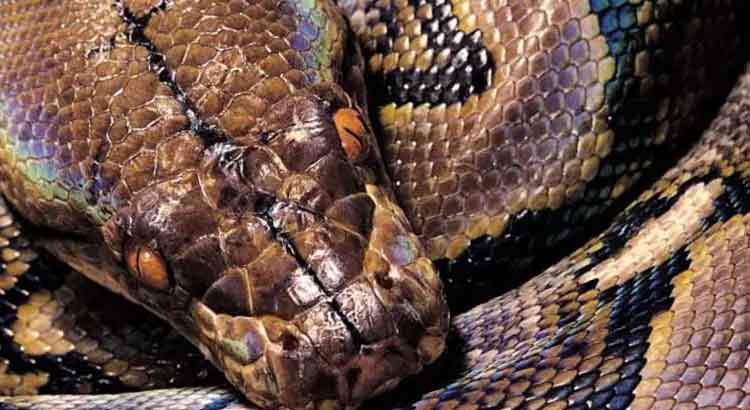What Do Garter Snakes Eat? (+7 Foods to Avoid)
Do you ever find yourself wondering what garter snakes munch on for their daily meals? Understanding their dietary preferences is key to caring for these slithery companions. Garter snakes have diverse diets, primarily consisting of small creatures like insects, earthworms, slugs, and amphibians. Additionally, they may snack on small fish and rodents. Understanding their natural … Read more

